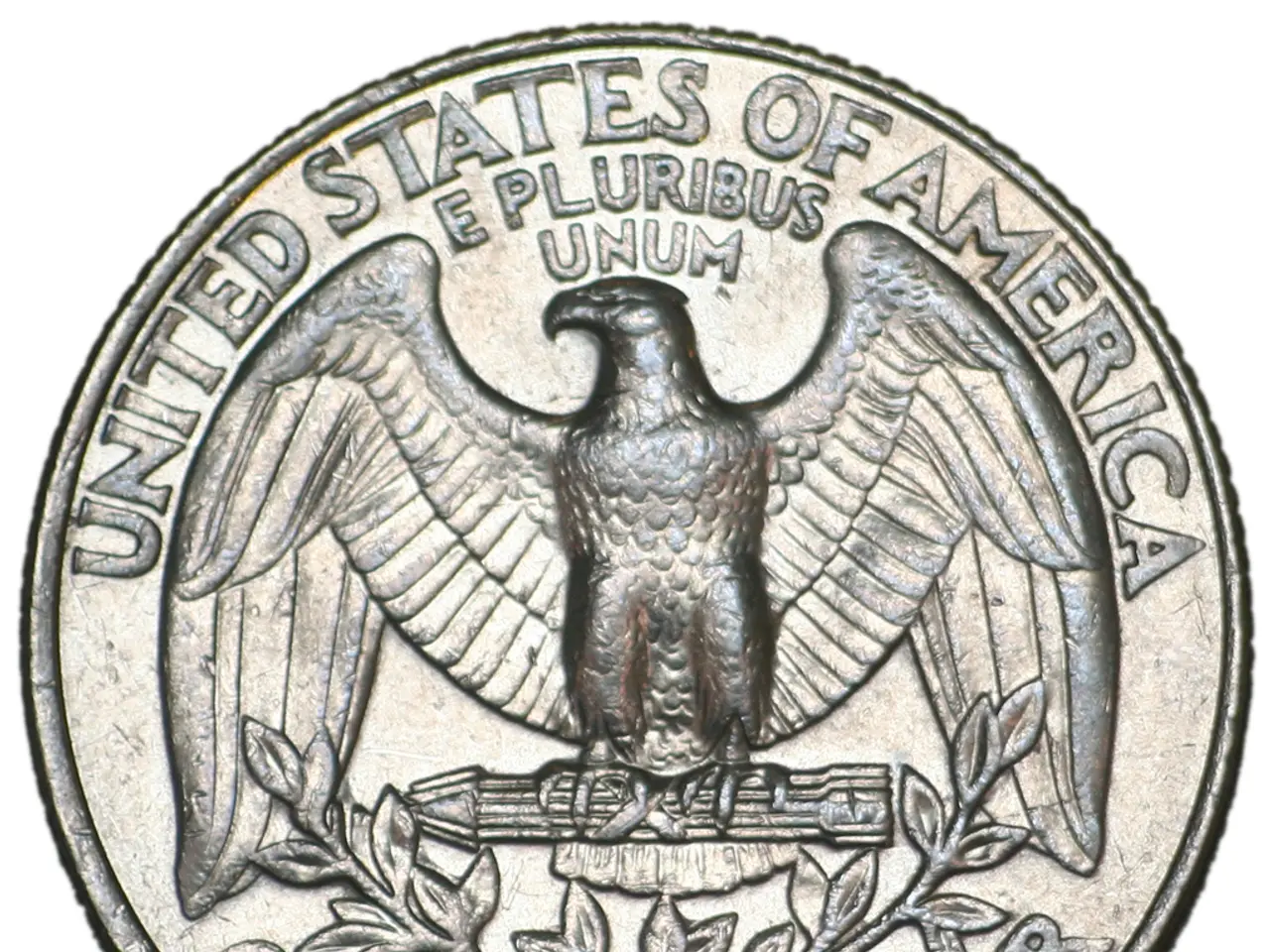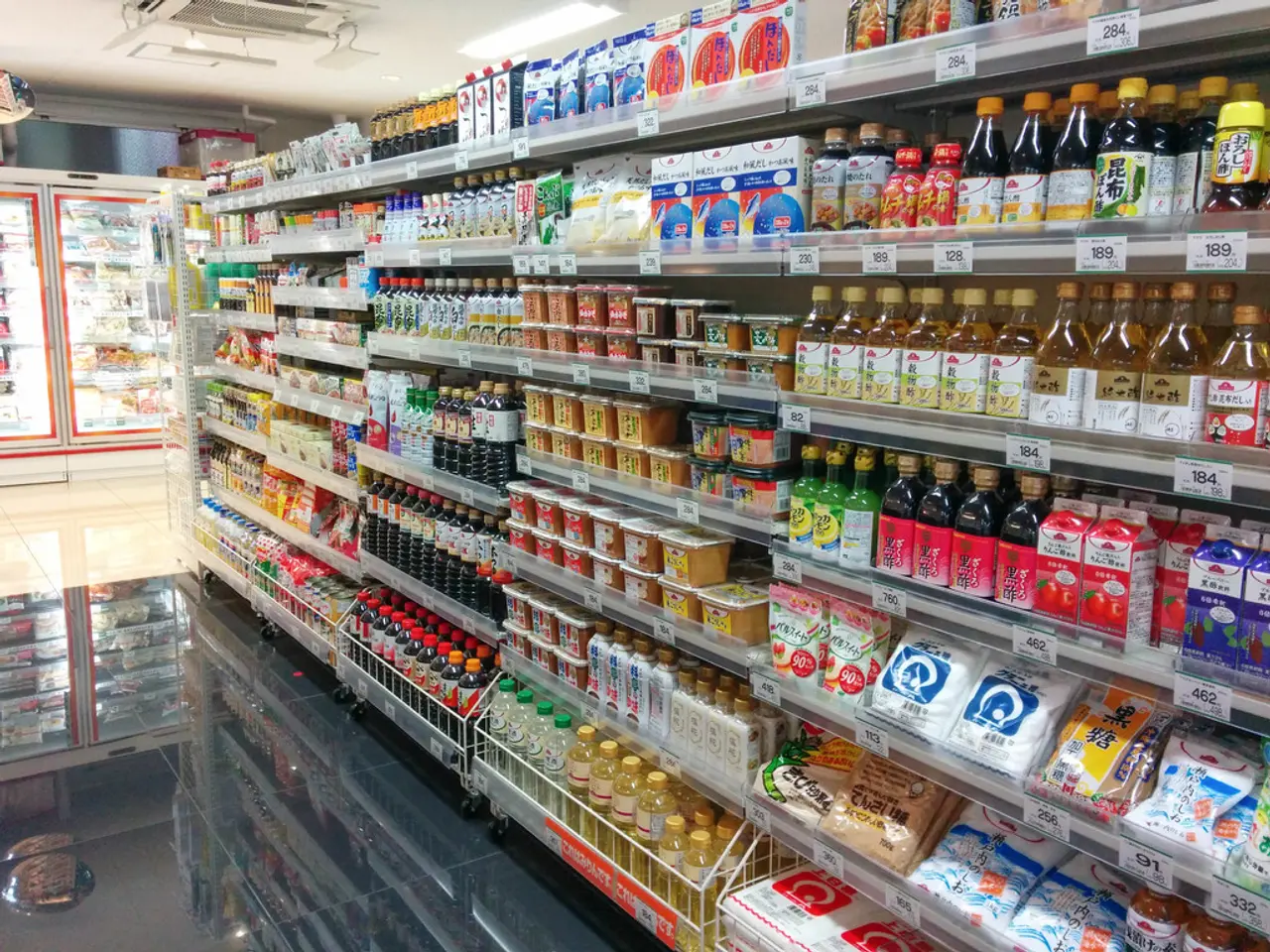"Circle, the company responsible for the issuance of USDC, invests in African construction industries"
**Current Trends and Developments in Stablecoin Adoption and Regulation in Africa**
### Stablecoin Adoption Trends
Sub-Saharan Africa is leading the way in stablecoin adoption, with a global high of 9.3% [1][3][4]. Nigeria, in particular, stands out as the global leader in stablecoin use. This high adoption rate is driven by the need for efficient and accessible financial solutions, especially in response to economic challenges such as currency devaluation and inflation [1][3]. Stablecoins are primarily used for cross-border payments, currency hedging, and access to U.S. dollars [1][3], which are especially prevalent in countries facing economic instability, where stablecoins offer a reliable alternative to traditional currencies [1][3].
### Regulatory Developments
Despite the high adoption rates, many African countries lack specific stablecoin regulations. However, some countries are integrating crypto into existing frameworks or exploring new regulations. For example, Nigeria has a complex stance on cryptocurrencies, with the central bank banning banks from servicing crypto exchanges but considering future recognition of stablecoins as investment instruments or e-money equivalents [2]. The Nigerian Securities and Exchange Commission has released rules treating crypto assets as securities or digital assets, paving the way for potential stablecoin regulation [2].
Other African countries like South Africa have classified crypto assets, including stablecoins, as financial products, requiring providers to obtain licenses [2]. Kenya and Ghana have issued cautionary notices but are setting up innovation sandboxes that might include stablecoin-based solutions [2]. As stablecoin adoption continues to grow, regulators are likely to develop more comprehensive frameworks to address the challenges and opportunities presented by these digital assets [2][3].
### Future Outlook
Stablecoins are expected to play a significant role in Africa's financial ecosystem, particularly in facilitating cross-border transactions and providing financial stability in volatile economies [4]. Notably, companies like Walmart, Amazon, DTCC, and Societe Generale are considering providing stablecoin payment services or exploring stablecoin projects [5]. Furthermore, 81% of small businesses and 29% of Fortune 500 executives have expressed interest in stablecoins, up from 8% in 2024 [6].
Circle, a leading blockchain company, has announced the fourth cohort of its USDC Developer Grant Program, comprising 26 early-stage teams building blockchain applications globally [7]. Circle has also partnered with Matera to improve multi-currency service provision in Brazilian banks [8]. Kenya, being hailed for spearheading crypto regulation laws in Africa, could potentially be a key player in shaping the future of stablecoin regulation on the continent.
References: [1] Di, M., & Garratt, A. (2022). Stablecoins: An Overview. Retrieved 10 May 2023, from https://www.kpmg.com/us/en/issuesandinsights/articlespublications/blockchain/stablecoins-overview.htm [2] Kharif, L. (2022). Africa's Crypto Regulatory Patchwork. Retrieved 10 May 2023, from https://www.bloomberg.com/news/articles/2022-04-25/africa-s-crypto-regulatory-patchwork-is-a-work-in-progress [3] Kharif, L. (2022). Africa's Crypto Boom. Retrieved 10 May 2023, from https://www.bloomberg.com/news/articles/2022-04-25/africa-s-crypto-boom-is-driving-a-new-digital-currency-rush [4] Mbithi, J. (2022). Stablecoins: The Future of African Finance. Retrieved 10 May 2023, from https://www.forbes.com/sites/juliusmbithi/2022/04/28/stablecoins-the-future-of-african-finance/?sh=53201e647250 [5] Misra, A. (2022). Stablecoins: The Future of Cross-Border Payments in Africa. Retrieved 10 May 2023, from https://www.finextra.com/blogposting/21475/stablecoins-the-future-of-cross-border-payments-in-africa [6] Nwankpa, C. (2022). Stablecoins: The Future of African Finance. Retrieved 10 May 2023, from https://www.forbes.com/sites/chukwuemekanwankpa/2022/04/28/stablecoins-the-future-of-african-finance/?sh=53201e647250 [7] Circle (2022). Circle Announces Fourth Cohort of USDC Developer Grant Program. Retrieved 10 May 2023, from https://circle.com/en/blog/circle-announces-fourth-cohort-usdc-developer-grant-program [8] Circle (2022). Circle and Matera Partner to Improve Multi-Currency Service Provision in Brazilian Banks. Retrieved 10 May 2023, from https://circle.com/en/blog/circle-and-matera-partner-to-improve-multi-currency-service-provision-in-brazilian-banks
- The growth of fintech innovation in Africa, particularly in stablecoin adoption, is propelled by startups seeking efficient and accessible financial solutions, with Nigeria leading the global charts.
- Regulations in Africa regarding stablecoins are varied, with some countries like Nigeria adapting crypto into existing frameworks or strategizing new policies, while others like South Africa classify stablecoins as financial products.
- As the use of stablecoins in Africa continues to surge for cross-border payments, currency hedging, and access to stable assets, businesses, and Fortune 500 executives express increasing interest in investing in these digital assets.
- Global companies, such as Walmart, Amazon, and Societe Generale, are exploring opportunities in stablecoin payment services and projects, augmenting the role of stablecoins in Africa's financial ecosystem.
- The Ethereum blockchain, along with other technology, powers these digital assets, potentially transforming business transactions and enabling improved financial services in Africa.
- The Nigerian Securities and Exchange Commission treats crypto assets as securities or digital assets, forging a path for potential stablecoin regulation that could catalyze investment opportunities.
- Future stablecoin-based initiatives could emanate from Kenya, given the country's pioneering role in crypto regulation laws in Africa, shaping a regulatory landscape for the continent.
- To further drive innovation, Circle, a leading blockchain company, supports early-stage teams building blockchain applications through its USDC Developer Grant Program, inspiring the development of new business models in the stablecoin sector.




